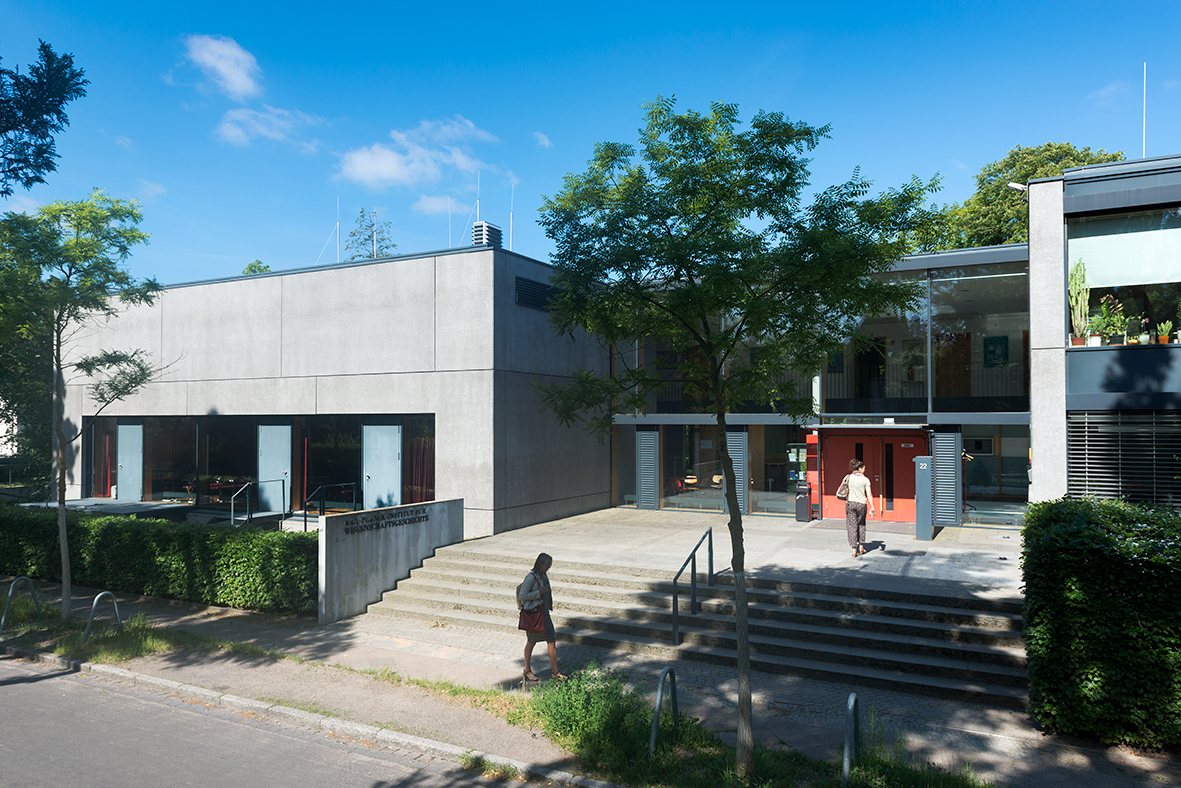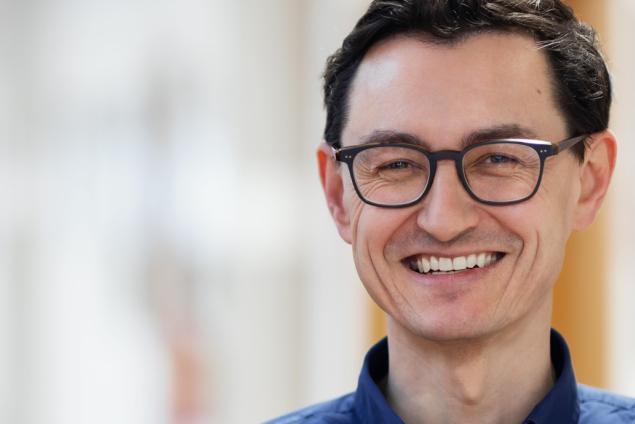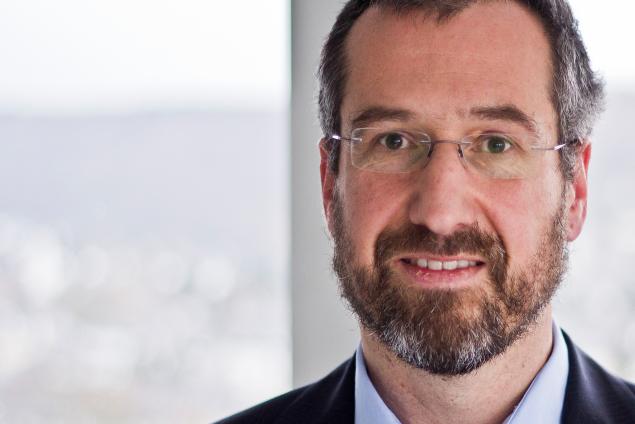Developments hailed as revolutionary breakthroughs in science and medicine regularly fail to realize their original promise. In this video, ALFRED FREEBORN examines a range of historical sources to analyze the insights that the history of schizophrenia can provide into this phenomenon. Freeborn recounts the emergence of a theory in the 1970s and 1980s which associated schizophrenia with larger lateral cerebral ventricles in the brain. Conveniently, these were easily observable with the new technology of CAT scanning. Widely reported as a revolutionary development, Freeborn shows that the theory was not new and of questionable merit. The case demonstrates how an externalist explanation for scientific change (giving priority to social and economic insight) is often more persuasive than an internalist one (prioritizing new theories, methods and techniques).
DOI:
https://doi.org/10.21036/LTPUB101083
Researcher
Alfred Freeborn is a Postdoctoral Research Fellow at the Max Planck Institute for the History of Science in Berlin. Having completed his PhD at Humboldt University (2021) and his MPhil (2016) and BA (2015) at the University of Cambridge, Freeborn has also held positions at the Branco Weiss Society of Science and at Birkbeck, University of London. His research interests include the history of science, the history of medicine and the concept of revolutionary change in those disciplines. Awarded the Issac Newton Trust Fellowship in 2015, Freeborn is currently reworking his dissertation with a view to publication as a monograph.
Institution
Founded in 1994, the Max Planck Institute for the History of Science (MPIWG) in Berlin is one of more than 80 research institutes administered by the Max Planck Society. The Institute is dedicated to the study of the history of science, aiming to understand scientific thinking and practice as historical phenomena from a variety of methodological and interdisciplinary perspectives. Our research draws on the reflective potential of the history of science to address current challenges in scientific scholarship, exploring the changing meaning of fundamental scientific concepts as well as how cultural developments shape scientific practices. The Institute’s projects span all eras of human history and a multitude of cultures globally, ranging from the origins of continuity systems in Mesopotamia to present-day science in China, Renaissance natural history, and the past of quantum mechanics. The Institute also draws on the reflective potential of the history of science to address current challenges in scientific scholarship.
Original publication
Biomedical Madness: Schizophrenia and the Making of Biological Psychiatry in Postwar Britain
Alfred Freeborn
Published in
Reading recommendations
Contending professions: Sciences of the brain and mind in the United States, 1850--2013
Scull Andrew
Published in 2015
The fall of the schizophrenogenic mother
Harrington Anne
Published in 2012
The rise and fall of biological psychiatry
Le Fanu James
Published in 2014




